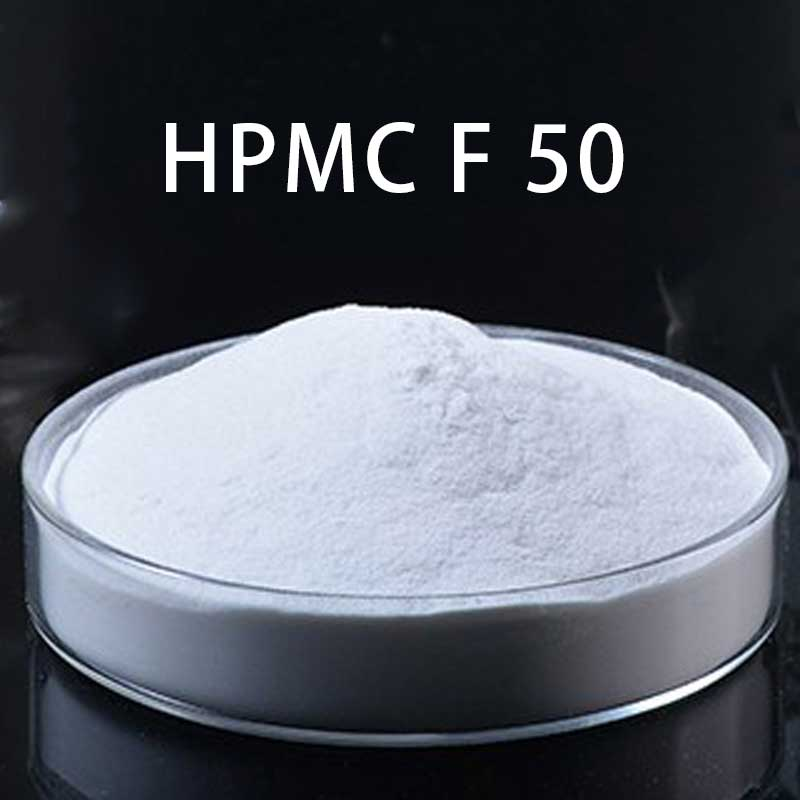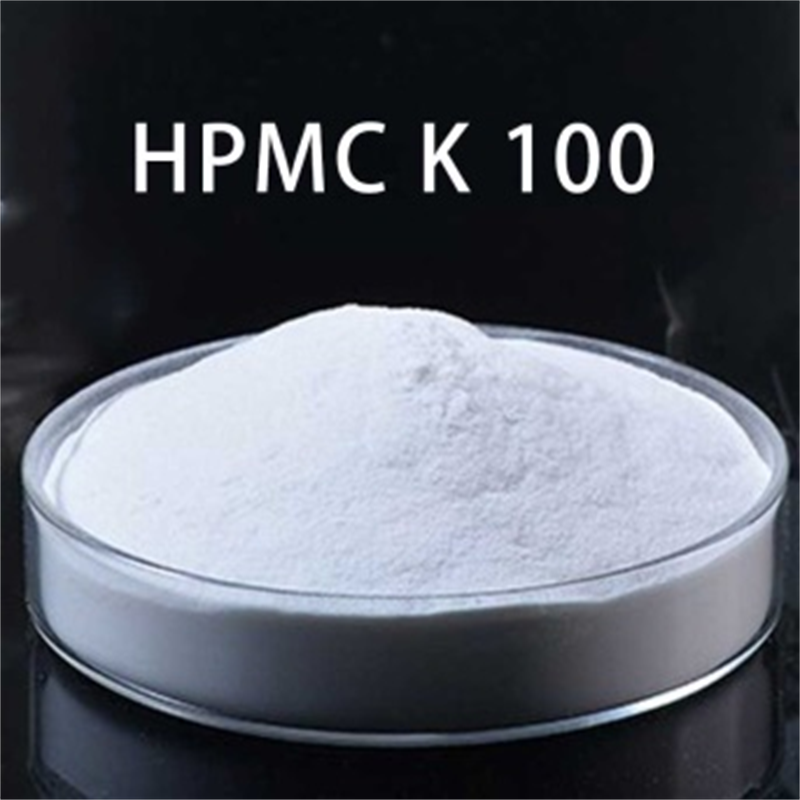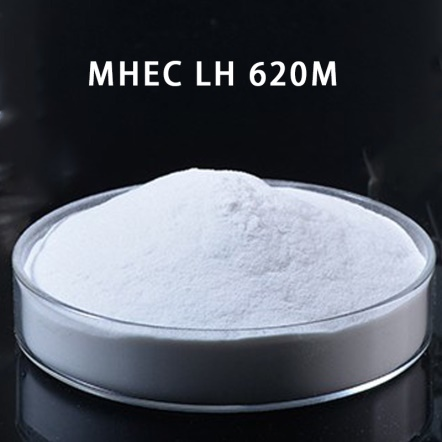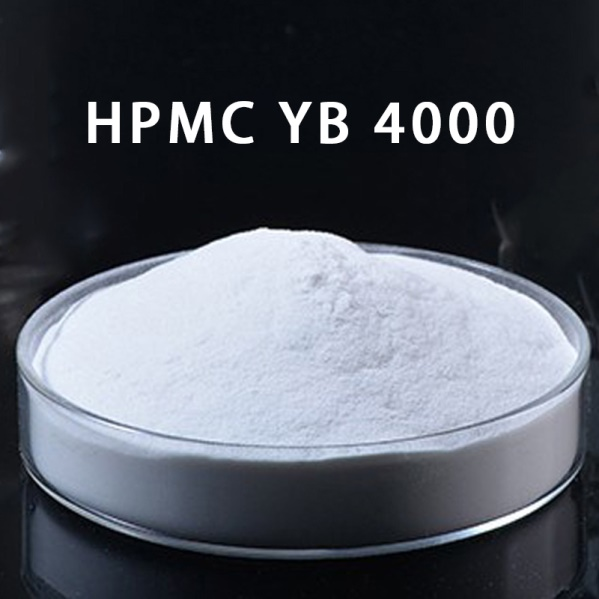
Products
HEC YB 200000
Specification of HEC YB 200000
| Chemical name | Hydroxyethyl Cellulose |
| Synonym | 2-Hydroxy ethyl cellulose; Cellulose hydroxyethyl ether, Cellulose ether, Hydroxyethyl Cellulose |
| CAS number | 9004-62-0 |
| Brand | EipponCell |
| Product Grade | HEC YB 200000 |
| Solubility | Water Soluble Cellulose ether |
| Physical form | White to off-white cellulose powder |
| PH(1%) | 5.0 – 8.0 |
| Degree of substitution | 1.8 - 2.5 |
| Viscosity Brookfield, 1% solution | 8000-10000 mPa.s |
| Viscosity NDJ 2% Solution | 160000-240000 mPa.s |
| Moisture | Max5% |
| Ash content | Max5% |
| HS code | 39123900 |
Application of HEC YB 200000
EipponCell® HEC YB 200000 Hydroxyethyl cellulose has found widespread application in cosmetics and daily-use products, ranging from toothpaste and shower gel to hand sanitizer, skin cream, shampoo, glycerin skin care lotion, shoe polish, and detergent. Its primary role is to act as a thickening agent, facilitating the formation of stable emulsified systems in these products.
In soap-based shower gels, where the main active ingredient is soap, the resulting formulation avoids the typical greasy feeling associated with general surfactants. This ensures easy cleansing while preserving the natural luster of the skin. Notably, HEC showcases exceptional solvent resistance to electrolytes, maintaining stability even in high-concentration salt environments. Consequently, utilizing HEC as a thickener for soap-based shower gels emerges as the optimal choice.
For hand sanitizers, where the solubility of disinfectants and bactericides in aqueous solutions can vary significantly, the incorporation of HEC proves invaluable. HEC contributes to the creation of a uniform and stable emulsified system, ensuring consistent performance and efficacy in hand sanitizing formulations. The versatility of HEC makes it a key ingredient in enhancing the texture, stability, and overall effectiveness of a diverse range of cosmetic and daily-use products.
Documents of HEC YB 200000
Recommended Hydroxyethylcellulose in Skin Care
Address
Mayu Chemical Industry Park, Jinzhou City, Hebei, China
Tel/Whatsapp
+86-311-8444 2166
+86 13785166166 (Whatsapp/Wechat)
+86 18631151166 (Whatsapp/Wechat)
Latest information
news








